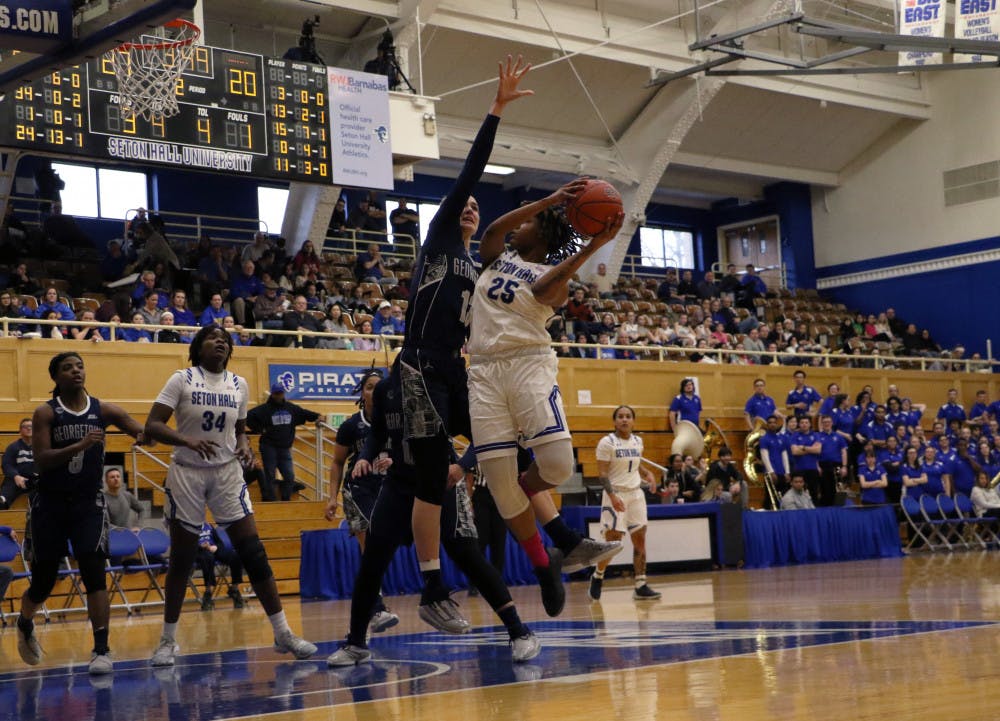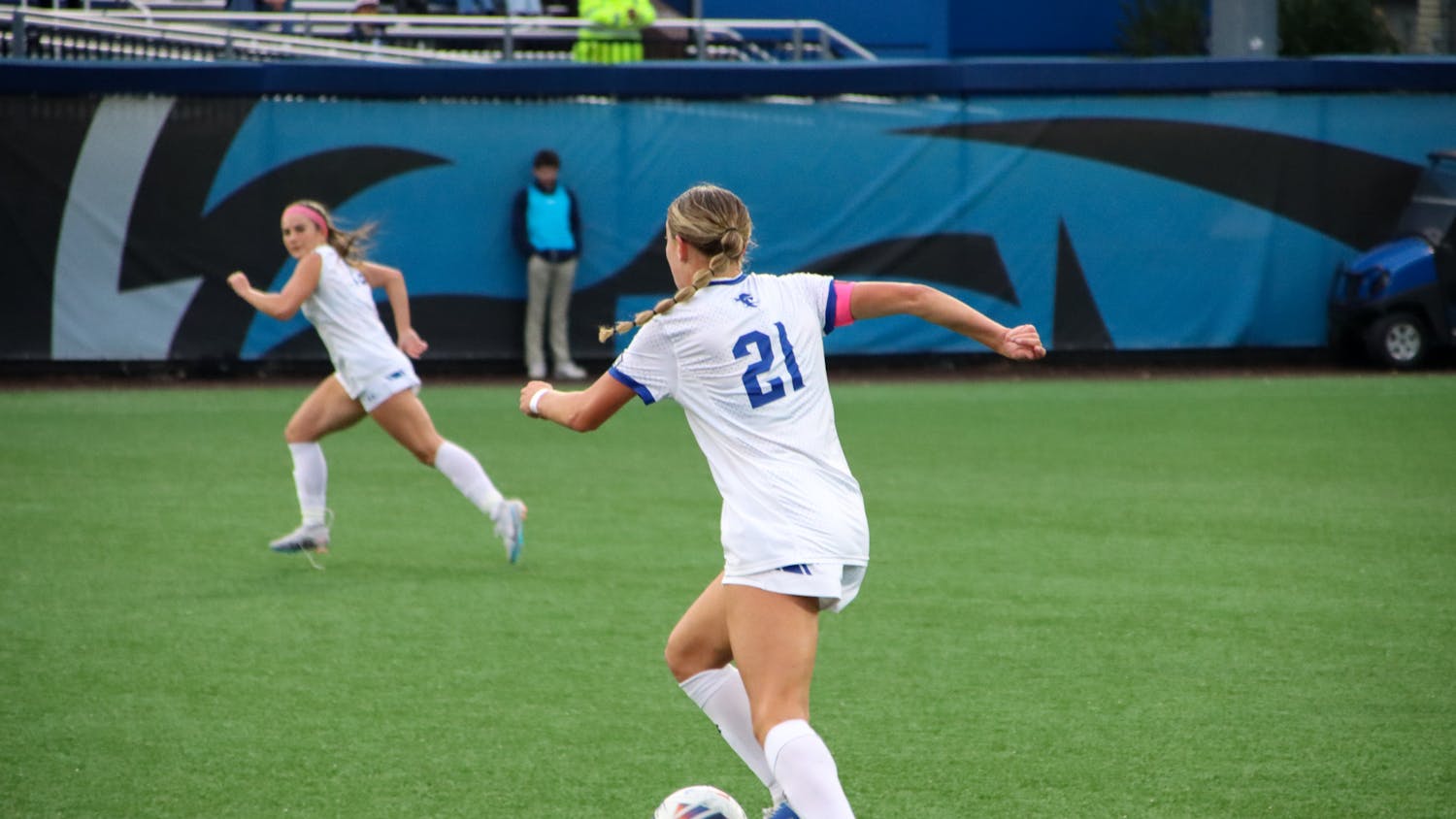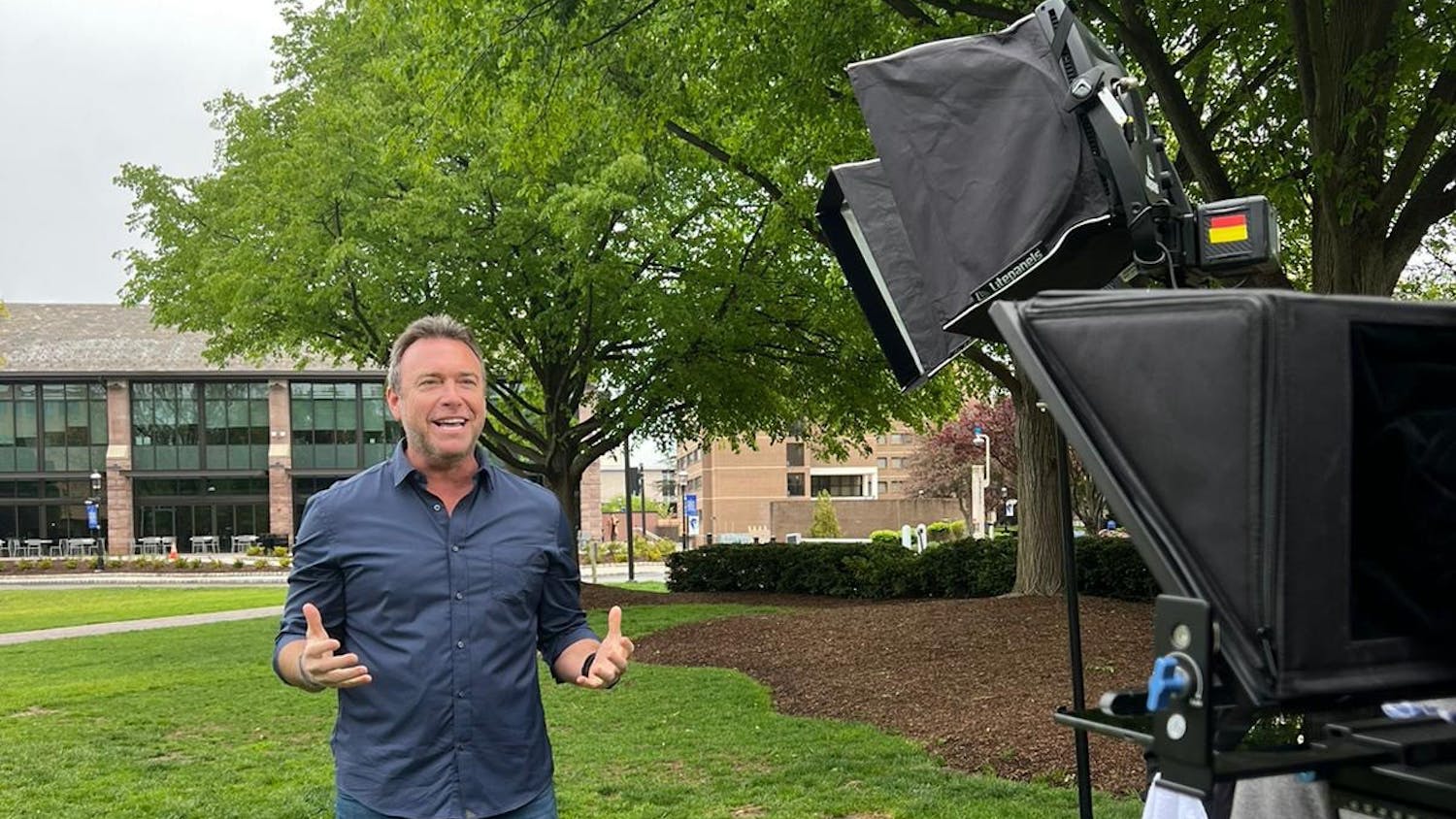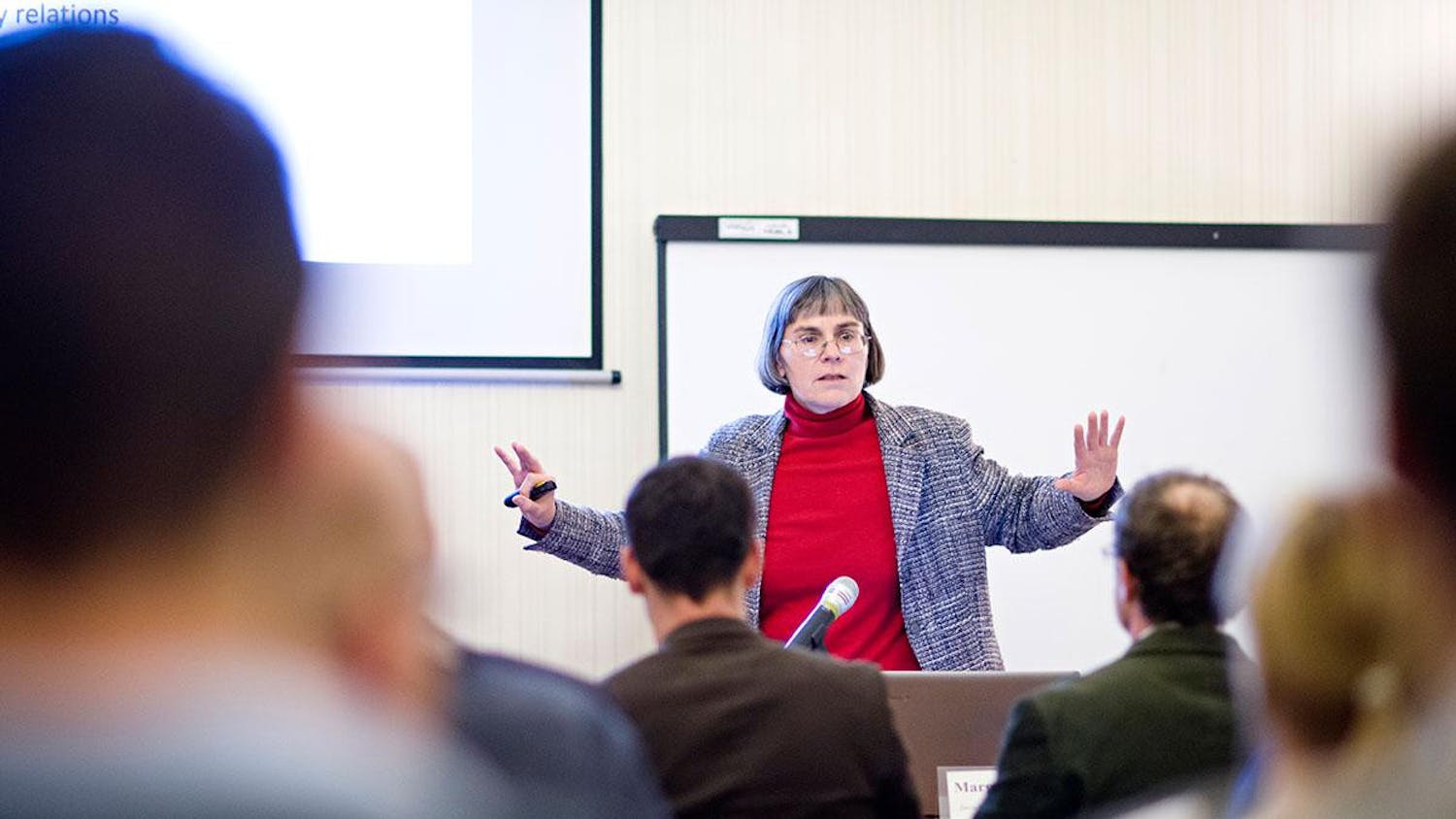[caption id="attachment_13397" align="alignnone" width="225"] Courtesy of Kayleigh Adams[/caption]
Students planning on packing their bags to study abroad, may be wondering what the voyage has in store for them. Maria Bouzas, director of international programs, said students have a number of options when choosing to do a semester abroad: from the country they visit to the program in which they participate.
Some students may embark on a SHU faculty-led tour during spring break or summer. These tours will be travelling to destinations such as India, Cyprus and Italy. In this case, credits will transfer automatically.
They also have the option of studying abroad through exchange programs or third-party companies.
With the latter choices, students would be studying at foreign universities and must transfer their credits.
Bouzas added that students studying abroad must maintain a full-time status which requires participating in a minimum of 12 credits during the academic year or three credits over the summer.
While classes abroad are not pass or fail, credits only transfer and grades for these courses will not affect a student’s GPA.
Kayleigh Adams, a senior diplomacy and international relations major, who spent a semester in Prague, said the trip was a great lesson in exploring other cultures since she was able to travel almost
every weekend.
“It was more, for me, the draw of learning a new culture, and learning about Prague itself, and being able to have a whole new experience” Adams said in a phone interview.
Adams said that the classes were no more difficult than SHU and actually quite similar to the University. As she attended an international university in Prague, she was surrounded by students of all different cultures and countries.
Marisa Cumello, a junior elementary education and environmental studies major, described the transformative effects of her study on Campobello Island in New Brunswick, Canada.
During her stay in the small, rural fishing community, Cumello and classmates studied Sustainability in the Marine Environment alongside Doctors Marian Glenn and Debra Zinicola. During this time, the students bonded, immersed themselves in the Campobello culture and made a habit of certain sustainable practices such as reusing water bottles.
“The biggest takeaway I got from this experience was that it only takes a small group of people to change the world,” Cumello said.
Julie Trien can be reached at julie.trien@student.shu.edu.
Courtesy of Kayleigh Adams[/caption]
Students planning on packing their bags to study abroad, may be wondering what the voyage has in store for them. Maria Bouzas, director of international programs, said students have a number of options when choosing to do a semester abroad: from the country they visit to the program in which they participate.
Some students may embark on a SHU faculty-led tour during spring break or summer. These tours will be travelling to destinations such as India, Cyprus and Italy. In this case, credits will transfer automatically.
They also have the option of studying abroad through exchange programs or third-party companies.
With the latter choices, students would be studying at foreign universities and must transfer their credits.
Bouzas added that students studying abroad must maintain a full-time status which requires participating in a minimum of 12 credits during the academic year or three credits over the summer.
While classes abroad are not pass or fail, credits only transfer and grades for these courses will not affect a student’s GPA.
Kayleigh Adams, a senior diplomacy and international relations major, who spent a semester in Prague, said the trip was a great lesson in exploring other cultures since she was able to travel almost
every weekend.
“It was more, for me, the draw of learning a new culture, and learning about Prague itself, and being able to have a whole new experience” Adams said in a phone interview.
Adams said that the classes were no more difficult than SHU and actually quite similar to the University. As she attended an international university in Prague, she was surrounded by students of all different cultures and countries.
Marisa Cumello, a junior elementary education and environmental studies major, described the transformative effects of her study on Campobello Island in New Brunswick, Canada.
During her stay in the small, rural fishing community, Cumello and classmates studied Sustainability in the Marine Environment alongside Doctors Marian Glenn and Debra Zinicola. During this time, the students bonded, immersed themselves in the Campobello culture and made a habit of certain sustainable practices such as reusing water bottles.
“The biggest takeaway I got from this experience was that it only takes a small group of people to change the world,” Cumello said.
Julie Trien can be reached at julie.trien@student.shu.edu.

Comments




